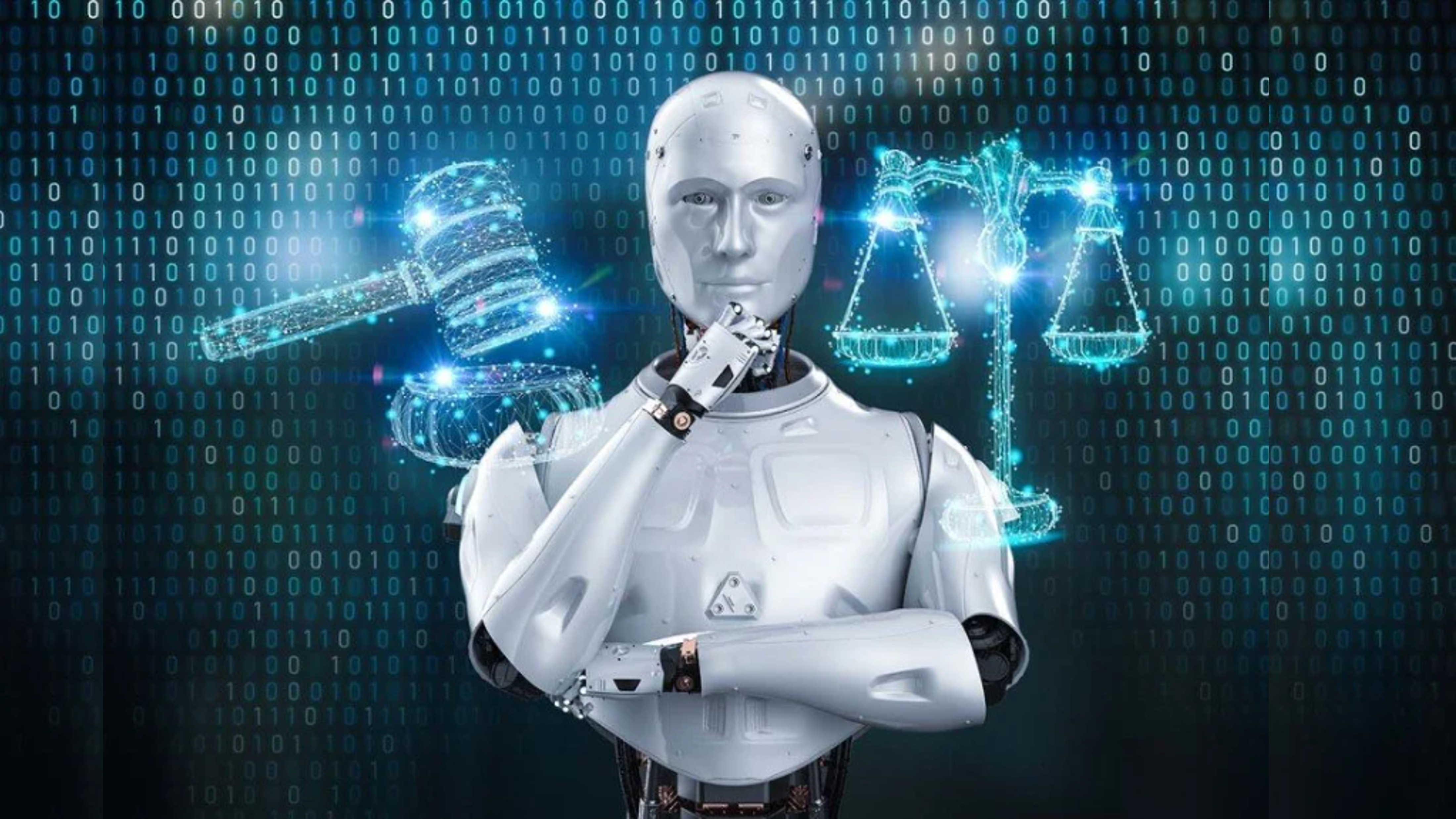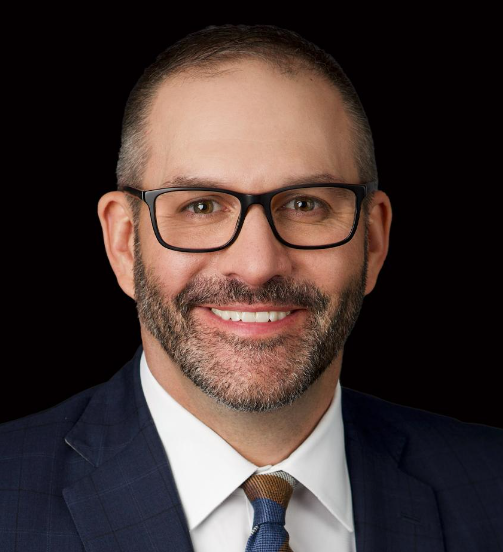–
Protect Your Voice:
Right of Publicity for Voice Actors
–

–
By David J. Kozlowski, April 27, 2025
–
–
We all remember when Scarlett Johansson rejected OpenAI’s opportunity to use her voice in their generative AI chatbot, ChatGPT. They appeared to have used her voice anyway, and may face heavy consequences as a result.
–
As technology advances, voice actors are facing more, often unique, legal challenges. One crucial protection in the voiceover industry is the “Right of Publicity.” This right protects celebrities, like Ms. Johansson, but is also vital for those whose voice, name, or likeness is part of their brand—including voiceover professionals.
–
What is the Right of Publicity?
–
The Right of Publicity is a legal concept giving individuals control over the commercial use of their identity, including name, image, likeness, and voice. Your voice—the product with which you ply your trade—can be as recognizable and commercially valuable as any on-screen celebrity’s face. The Right of Publicity is an intellectual property right, and like any intellectual property right, your voice’s commercial value can be transferred, sold, or inherited by others, which can impact how it’s used long after your original agreement.
–
When a company reuses your performance, digitally replicates your voice to endorse a product or service, or trains an AI voice model on your recordings without your permission, they may be violating your Right of Publicity (if you haven’t already transferred these rights by contract). Such unauthorized usage can lead to serious legal and financial consequences.
–
The AI Voice Era: A New Frontier?
–
With the rise of AI technologies, voice actors face new challenges in protecting their rights, particularly as companies begin to clone voices with little data. If your voice is used to train, or cloned by, AI, some of the questions you should ask yourself are:
–
- – Did you agree to let your voice be used to train an AI?
- – Is your synthetic voice being used in ways you never consented to?
- – Are you being compensated for its use?
–
Some states, like California and New York, have updated their publicity laws to address digital replicas. For example, California prohibits unauthorized commercial use of a person’s voice, and specific rules now extend to AI-generated likenesses.
–
Protecting Yourself
–
Now that you understand some of the potential risks, it’s important to know how to protect your rights in this rapidly evolving landscape. Here are a few tips to ensure you best position yourself to maintain and shield your Right of Publicity:
–
- 1. Read the Fine Print: Always review contracts carefully. Pay particular attention to language concerning “perpetual rights,” “digital replication,” or “voice modeling.”
- 2. Limit Usage: Be specific about how and where your voice can be used, such as including end dates, media types, and territorial restrictions.
- 3. Retain Ownership: Avoid granting blanket rights or signing away your Right of Publicity (unless the price is right).
- 4. Consult an Attorney: Especially when working with larger clients or on projects involving new technology, consulting a professional ensures that you will best protect yourself.
–
Final Thoughts
–
Learn from Scarlett Johansson’s experience: your voice is more than just your tool—it’s your intellectual property. As the lines between human and synthetic performance blur, maintaining and enforcing your Right of Publicity is one of the most powerful ways to protect your career, your image, and your future earnings.
–
If you need help reviewing a contract or crafting language to protect your rights, reach out to a qualified law firm familiar with voice talent issues and intellectual property law. Your voice is valuable—make sure the law helps you keep it that way. ♦♦♦
–

David J. Kozlowski is a partner at Morrison Cohen LLP, a leading Manhattan law firm serving businesses, entrepreneurs, and individuals nationwide. You can connect with Dave via email or follow him on LinkedIn.













